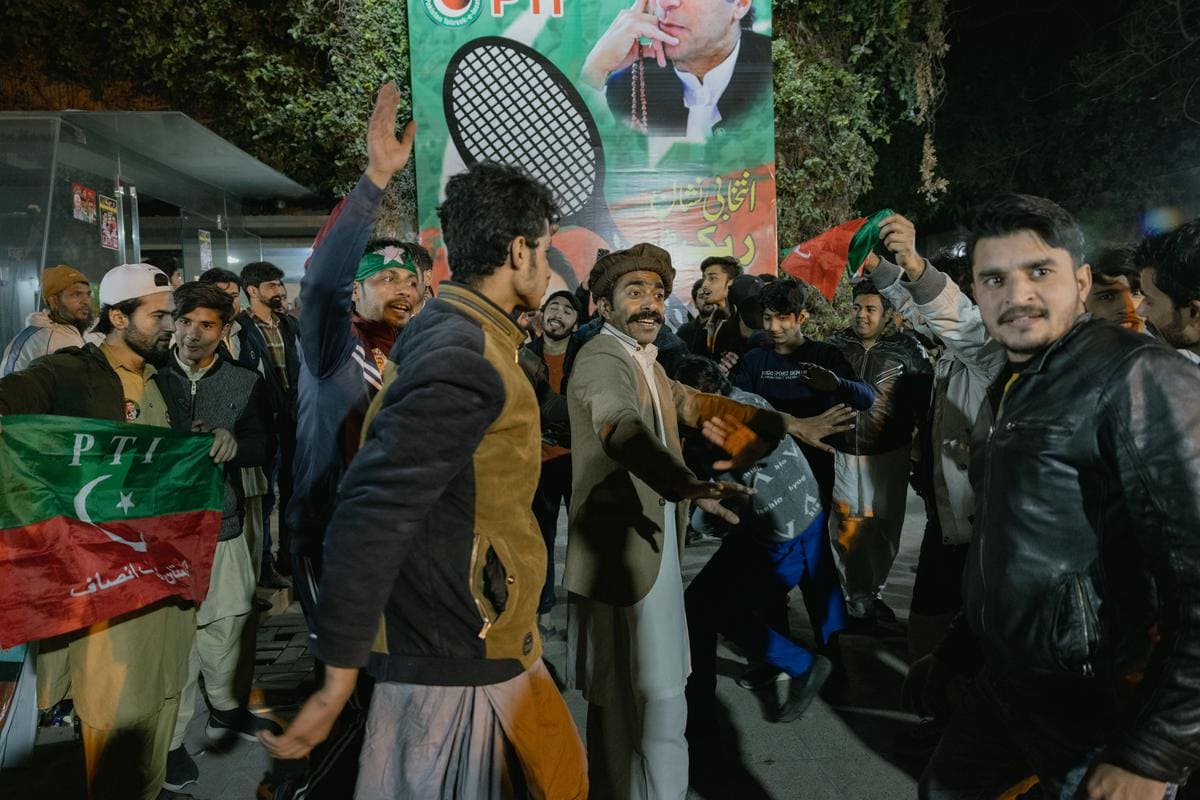The United States, Britain, and the European Union have voiced apprehension regarding Pakistan’s recent electoral process, highlighting concerns over reported irregularities and urging thorough investigations.
The elections, held on Thursday, featured a heated battle primarily between Nawaz Sharif’s party and candidates supported by Imran Khan, both of whom declared separate victories. However, the electoral landscape has been marred by allegations of interference and fraud.
With elections held for 265 seats in the national assembly, a party needs 133 seats for a simple majority. Despite Khan’s Pakistan Tehreek-e-Insaf (PTI) party being barred from participating due to his incarceration, independent candidates, mostly backed by Khan, secured the majority of seats. Sharif’s Pakistan Muslim League-Nawaz (PML-N) party also won a significant number of seats.
The US and the EU raised concerns about undue restrictions on freedoms of expression and assembly, along with reports of violence and attacks on media personnel during the electoral process.
US lawmakers, including Representatives Ro Khanna and Ilhan Omar, echoed these concerns, urging the State Department to refrain from recognizing a winner until misconduct allegations are thoroughly investigated.
The European Union highlighted the lack of a level playing field, attributing it to the inability of certain political actors to contest elections and restrictions on fundamental freedoms such as assembly and expression.
Despite these concerns, the EU, US, and UK affirmed their willingness to work with the next government, refraining from congratulating any specific candidate or party.

The election process in Pakistan has drawn international scrutiny, with observers urging transparency and accountability to uphold democratic principles.
As legal challenges mount and tensions escalate, the integrity of Pakistan’s electoral system remains a focal point for both domestic and international stakeholders.




